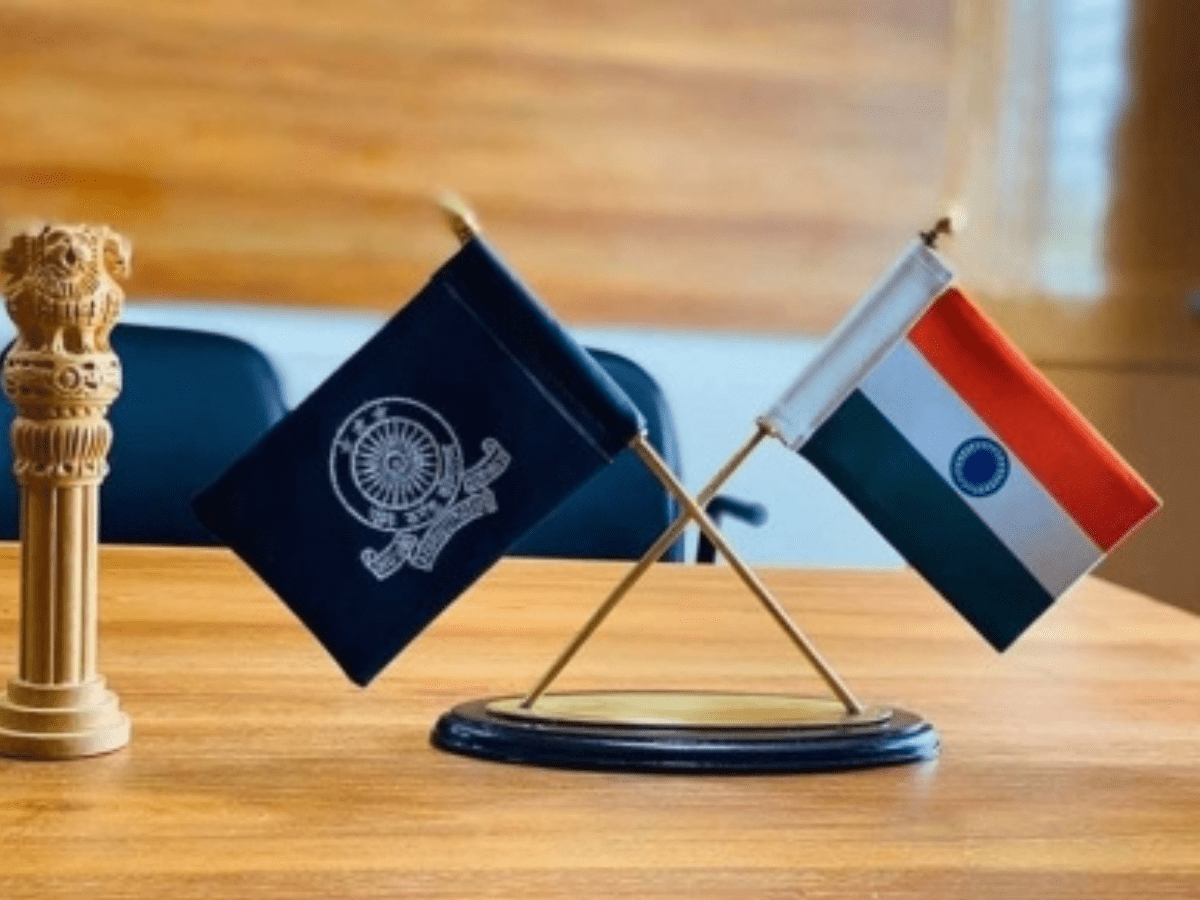
The number of Muslim candidates successfully becoming IAS officers in India remains low year after year. This year too, maximum six Muslim candidates are likely to become IAS officers.
The UPSC recently released the list of recommended candidates based on the results of the Civil Services Examination for the year 2022, along with their marks in the written and personality tests.
Six Muslim candidates likely to become IAS officers this year
Analyzing the service allocation data from the previous year’s Civil Services Examination, it is found that only six Muslim candidates are eligible to become IAS officers this year: They are
- Waseem Ahmad Bhat (All India Rank-7) under general category
- Naveed Ahsan Bhat (AIR-84) under general category
- Asad Zuber (AIR-86) under OBC category
- Aakip Khan (AIR-268) under OBC category
- Moin Ahamd (AIR-296) under OBC category
- Mohd Irfan (AIR-476) under ST category
However, it is crucial to note that these numbers are subject to change based on the preferences specified by the recommended candidates and the fulfillment of service eligibility criteria.
Performance in previous years
In 2021, Muslim candidates constituted a mere 1.6 percent of the total IAS officers, representing a decline from 4.4 percent in 2020. Even in previous years, the percentage of Muslim becoming IAS officers ranged between 1 and 5 percent, significantly lower than the Muslim population percentage in India, estimated at 17.22 percent according to the 2011 census.
| Year | Number of Muslim IAS Officers | Total number of IAS officers | Percentage of Muslim IAS Officers |
| 2018 | 9 | 180 | 5 |
| 2019 | 8 | 180 | 4.44 |
| 2020 | 8 | 180 | 4.44 |
| 2021 | 3 | 180 | 1.66 |
Stages in UPSC Civil Services Exam
The UPSC Civil Services Exam comprises of three stages. They are prelims, main, and interview. It is conducted annually for selecting officers for prestigious positions in the Indian Administrative Service (IAS), the Indian Foreign Service (IFS), the Indian Police Service (IPS), and other esteemed government roles.
The competition for these positions is intense as lakhs of aspirants compete for a limited number of vacancies.
The underrepresentation of Muslim candidates in the UPSC CSE is a matter of concern that needs to be addressed not only by the government but also by civil society organizations.

